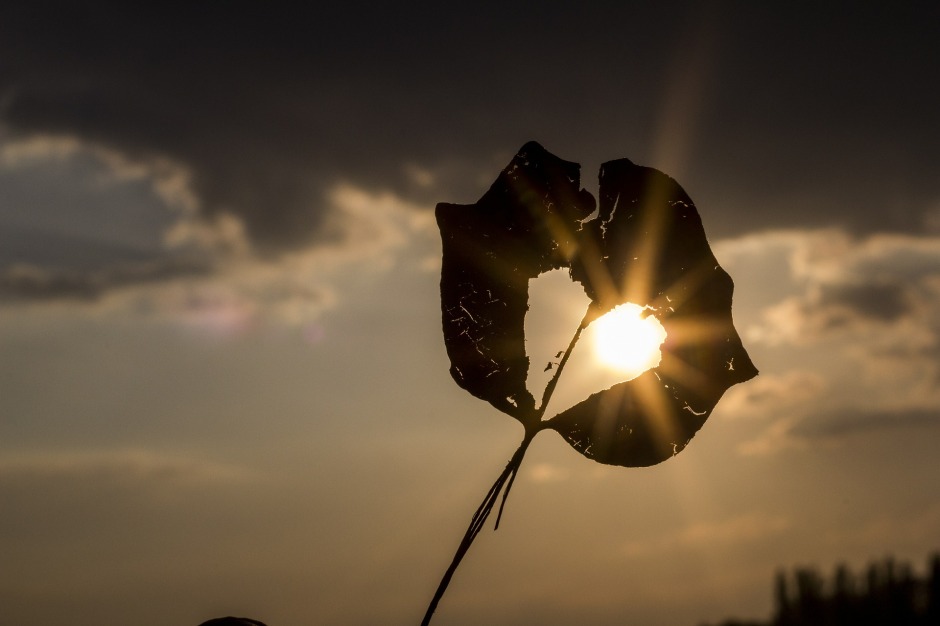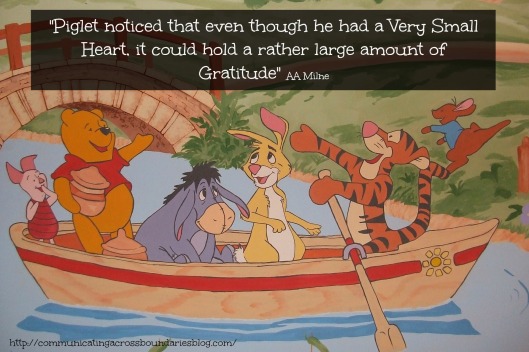 —For those who Celebrate Good Friday and for those who don’t!
—For those who Celebrate Good Friday and for those who don’t!
Newly arrived humans lived simply and they related to God personally. He would show up at their house in the evenings and hang out with them. I imagine they talked about their days, the wonders of the created world, how they really felt about things. Eventually though the humans made an unfortunate choice. They chose to ignore some basic boundaries God had set. They chose independence and self. They chose to disrespect God. They chose their own way.
Everything changed that day. Where there had been intimacy, openness and sweet vulnerability now there was shame and suspicion. Difficulty and opposition and relational competition were all born from those misinformed choices the humans made. Evil and selfishness and sin all entered the world that day. I guess it goes without saying, but relating to God was no longer a walk in the park either. God gave them over to what they seemed to want—their own way.
God set up an elaborate reward system and sticker chart based on an even more complicated plan of laws. If the humans wanted to reconnect with God they’d have to work at it now. And the laws were elaborate and complex. There were ceremonial laws that told the humans how to worship. Civil laws outlined how humans should live each day and moral laws dictated the goodness and badness of everything. The whole point of the system was really to highlight that the humans couldn’t do it. There was no possible way for them to obey every single law. There was even a law saying that if they couldn’t obey all of the rules then they were guilty of breaking every one!
God let that system go on for quite a long time.
One summer when I was a college student I worked as a nanny for two children, Jamie and Kristen, a six year old boy and a four year old girl. At the beginning of the summer, the mother, who was a librarian at the local public library, asked me to help train her son. It seemed he had taken a class on sexual abuse. The parents and teachers assumed it would provide language to children if they were ever in that situation. An unintended consequence was that it provided little Jamie with an entire arsenal of body part language to use to horrify and provoke. He had taken to calling people shocking things!
I tried all kinds of ways to motivate Jamie to curb that kind of talk. He was in time out. He wasn’t allowed to watch TV. I tried everything in my amateur discipline tool box. Finally, I set up a sticker chart. If Jamie could go for five days without calling me the vulgar name of choice I would take him to Dairy Queen for ice cream. Jamie loved ice cream. I had found a currency that communicated. Day one was a success. Jamie got a sticker! Day two went well. Jamie got another sticker. Day three and day four meant two more stickers. He was doing so well. On day five after lunch I was loading the dishwasher when Jamie came running through the kitchen. As I bent over to add another plate, Jamie came dramatically toward me almost in slow motion, he kicked me in the behind and burst out with the word he had kept so carefully under wraps all week. “Penis head,” he yelled, and kept running. I was so shocked and so disappointed. I had been looking forward to ice cream too.
I found Jamie in his room crying. He already knew the gig was up. He knew he had blown it. Angry tears rushed from his face. Jamie was mad at himself for not being able to do it and he was mad at me for setting up the dumb sticker chart that highlighted his failure. All the chart had successfully shown was that Jamie was incapable of earning the ice cream.
The same was true for the rules and law system God set up. It served to demonstrate that people cannot, on their own, keep the system satisfied. The laws highlighted their failure to keep them. And really that was God’s whole point. Humans wanted to do it on their own, the choices they made at the beginning proved that, and yet they couldn’t. If Shalom was ever to be reestablished in their relationship with God, if they were ever to be at peace again, God would have to step in.
And that’s where Jesus shows up.
A couple of months ago I was on an airplane. My seat mate asked me why I was going to Thailand. I told her I was a spiritual director and I had been invited by a group that were meeting for retreat to offer soul care. She wanted to know what that was. I told her that I firmly believe that Jesus wants a relationship with each of us. I think he’s involved in our stories. He’s lurking. The spiritual director comes along side with curiosity and helps identify where Jesus might be and what he might be up to. It intrigued her.
I really do believe it. Jesus is present in your story. He’s calling you deeper. He doesn’t care where you come from, what passport you carry. He’s inviting people from every religious or irreligious background: Christians, Muslims, Hindus, Atheists, Agnostics to relate to him with honest hearts. Your previous religious experience doesn’t disqualify you in anyway. Rather he longs to breath a whole new way of thinking about relating to God into your soul.
Jesus isn’t like any other spiritual experience you may or may not have had. He cuts through the rules and the crap, the expectations and the ways you’ve always done things and he says, Look, See. I’m doing a whole new thing here. And there’s no point system or reward card in place. You don’t have to do this, subjugate yourself in that way, accumulate this, check that off, maintain these five things in order to score points with Jesus. He eliminated all of that. All you really have to do is come with an honest heart. There are no awkward silences. He has already initiated a friendship with you. He’s already started the conversation. Just respond. Just admit that you’re clueless to do it on your own. Just admit that other systems seem to bog you down.
Ask him to make himself known.
And then be prepared to be spiritually transformed.









